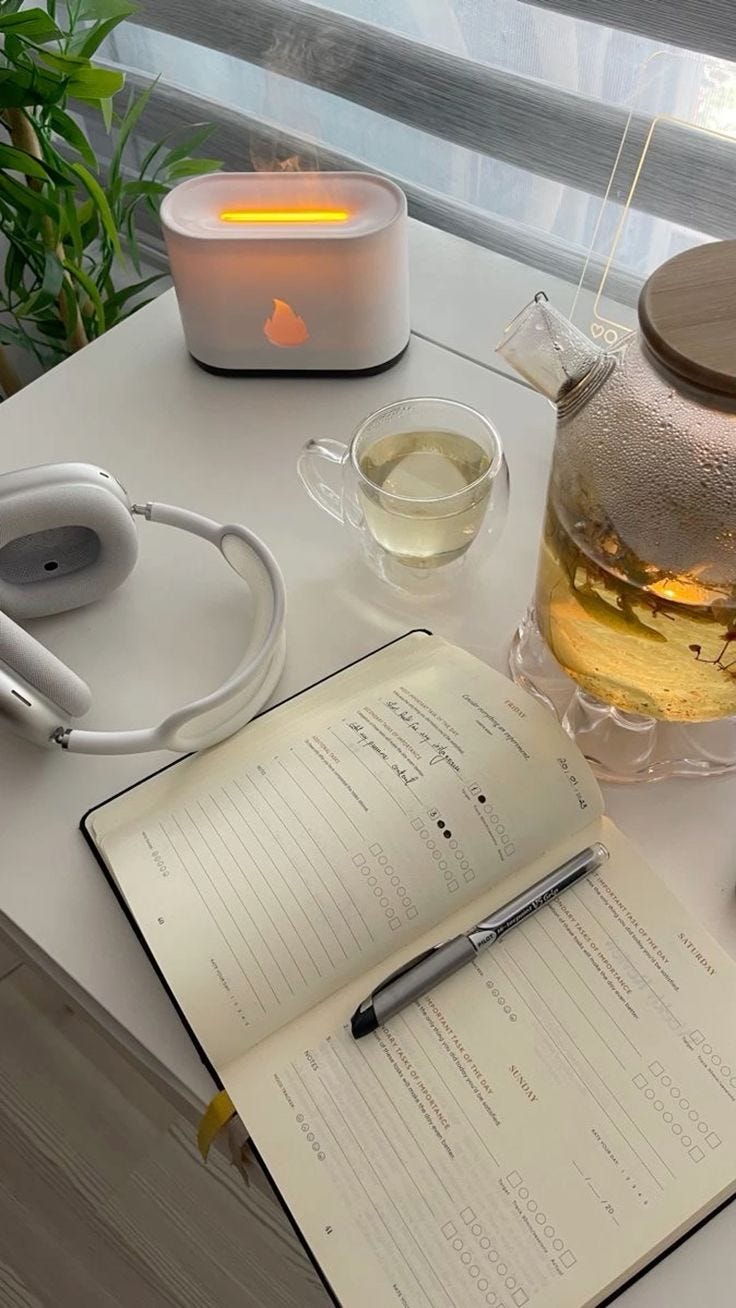It's 2am and I'm staring at my ceiling, replaying that awkward thing I said at coffee with friends last week. My mind is jumping between analyzing why he didn't text back, wondering if I chose the wrong major, and spiraling about that one Instagram post that only got 23 likes. And somehow I'm also planning out five different responses to the "wyd" text I just got, trying to sound casual but interesting but not too interested but also not cold?
This is what overthinking looks like. And if you're anything like me, you know it all too well.
The worst part? I know I'm supposed to trust God with all of this. I've heard the sermons, read the devotionals, saved all the Instagram posts about letting go and letting God. But in the middle of the night, when my thoughts are spiraling, knowing what I should do and actually doing it feel like two very different things.
After years of battling with my own overthinking brain (and yes, overthinking about overthinking), I've learned some things about what it actually means to trust God. Not the Pinterest version of trust, but the real, messy, middle-of-the-night kind.
Here's what's actually helped:
1. The Morning Reset
I used to wake up and immediately check my phone, diving straight into emails, news, and everyone else's highlight reels. My anxiety would spike before I even got out of bed.
Now, my phone stays on Do Not Disturb until I've had at least 10 minutes of quiet. Sometimes I read my Bible, sometimes I just sit there. Sometimes I fall back asleep. The point isn't perfection – it's creating space before the chaos starts.
2. The Honest Prayer
I stopped trying to pray pretty prayers. Instead, I just tell God exactly what's on my mind, usually while I'm driving or doing dishes or lying in bed overthinking.
These prayers aren't eloquent. They're usually more like "I'm scared" or "This feels impossible" or "I have no idea what I'm doing." But they're real, and somehow, that's enough.
3. The Quiet Space
My apartment isn't exactly a peaceful sanctuary. But I've carved out one corner – just my bed and a small table – where I go when everything feels too much. No phone, no laptop, no to-do lists. Just space to breathe and remember that I'm not actually in charge of holding the world together.
4. The Truth-Telling Friends
I have three friends who know the real me – the one who overthinks everything, who worries about things that haven't happened yet, who sometimes questions if I'm doing this whole faith thing right.
We text each other our fears and our doubts. We remind each other of truth when we can't see it ourselves. We don't try to fix each other. We just make sure none of us feels alone in the struggle.
5. The Perspective Shift
Here's what changed everything for me: realizing that my overthinking isn't a character flaw. It's just a sign pointing to places where I'm still learning to trust.
When I catch myself spiraling about work, relationships, or the future, I've started seeing it as an invitation rather than a failure. An invitation to trust God with one more piece of my life, one anxious thought at a time.
I keep a note in my phone of all the times I've been consumed with worry about something that eventually worked out. Not because I figured everything out, but because God came through in ways I never could have planned.
A Different Way to Trust
If you're reading this in the middle of the night because your brain won't stop spinning, I want you to know something: God isn't disappointed in your anxiety. He's not frustrated with your questions. He's not waiting for you to get your act together and finally trust Him perfectly.
He's just waiting for you to be honest. To bring your messy, overthinking heart to Him exactly as it is.
Maybe that starts with a silent prayer in your car. Maybe it's finally telling a friend how scared you are. Maybe it's simply admitting that you're tired of carrying everything alone.
Start there. Trust isn't a destination you arrive at – it's a practice you build, one small choice at a time.
Tell me about your journey with overthinking and trust. What's been your experience? What's helped you? Let's be honest about where we really are, not where we think we should be.
For all of us still figuring out how to trust: you're not behind. You're exactly where you need to be














